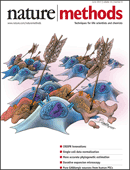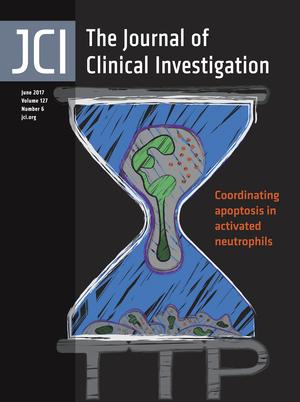 In 2005, the U.S. Office of Research Integrity found an obesity researcher had engaged in scientific misconduct.
In 2005, the U.S. Office of Research Integrity found an obesity researcher had engaged in scientific misconduct.
More specifically, the ORI report revealed that Eric Poehlman, then based at the University of Vermont, had “falsified and fabricated” data in 10 papers. The 2005 report asked that the journals issue retractions or corrections to the papers. By 2006, six of those papers were retracted (1, 2, 3, 4, 5, 6). In 2006, a judge sentenced Poehlman to one year and one day in prison for falsifying research data.
In 2015, we explored how long it takes a journal to retract a paper. We found that four of the 10 papers had still not been retracted — one appeared to be missing from Medline, another had received a correction (as the ORI report requested), and two had not been retracted or corrected (1, 2).
Until now. Continue reading 12 years after researcher found guilty of misconduct, journal retracts paper
 A
A  The executive board of the Leibniz Association in Germany has reprimanded the director of its institute on aging
The executive board of the Leibniz Association in Germany has reprimanded the director of its institute on aging 
 A former Research Training Awardee at the National Institutes of Health “falsified and/or fabricated data” in 11 figures in a 2016 paper,
A former Research Training Awardee at the National Institutes of Health “falsified and/or fabricated data” in 11 figures in a 2016 paper,  On Dec. 2, 2013,
On Dec. 2, 2013,  After a
After a 
